Mr Searle’s Home-Schooling Tips
So how have the first 10 days of ‘no school’ been? How do you feel about (potentially) another 15 weeks of the same? As both a teacher and a parent of three boys – aged 5,...
Filter by Category
Filter by Author

























































































































































































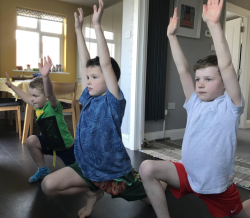
So how have the first 10 days of ‘no school’ been? How do you feel about (potentially) another 15 weeks of the same? As both a teacher and a parent of three boys – aged 5,...
Posted by Graeme Searle

We are in the midst of a global paradigm shift, as the impact and status of the COVID-19 virus evolves daily. As the world faces uncertainty, fear and anxiety are heightened and...
Posted by Chloe Lister

Calling all BMS artists Your help is needed! The newly created NHS Nightingale Hospital would like to decorate its new wards with bright & beautiful drawings by young...
Posted by Jeremy Turner

We all know that light often shines best in dark places and it has been heartwarming to see how much good has come out of the difficult places we have all found ourselves in. Last...
Posted by Jeremy Turner

Last week in the BMS newsletter we read about Anaiya-Lily Palan 8 Ash who had written a letter to all the NHS Staff at Watford General hospital thanking them for their hard work...
Posted by Jeremy Turner
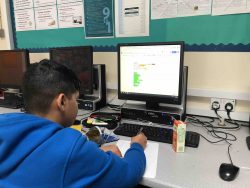
I was so impressed with Thomas (7 Willow) who is one of the small group of children of key workers who are still attending Bushey Meads every day during this period of enforced...
Posted by Jeremy Turner

This time of year students within Year 9 get very excited at the prospect of choosing their GCSE options. This has had the additional challenge this year of not being able to hold...
Posted by Sara Ash - Deputy Headteacher

Each week I send out to all stakeholders a ‘Kindness Thought of the Week’ which helps to promote our school mantra of ‘Our School has a Mind to be Kind’...
Posted by Sara Ash - Deputy Headteacher

During this difficult time, it has been great to see so much learning continuing in Maths. By continuing with routines, it is giving all students consistency and purpose in their...
Posted by James Donovan

We’ve set a variety of reading challenges for years 7-13 this week. Whether you’re reading for pleasure, pure escapism, research or preparation for A Level/higher...
Posted by Danielle Bowe
So how have the first 10 days of ‘no school’ been? How do you feel about (potentially) another 15 weeks of the same?
As both a teacher and a parent of three boys – aged 5, 7 and 10 – I have found the past two weeks to be strange and quite difficult. Trying to complete my own work in addition to homeschooling three children has been testing to say the least. I thought I’d take this opportunity to share with you the things I have learned during the last fortnight in the hope that it can support you during this difficult period.
Firstly, as rewarding as is it, teaching is a difficult job. I have found it very hard going as an experienced teacher, so all of you non-teaching parents shouldn’t be too hard on yourself. It is also more difficult to teach your own children – as I have realised! Children attend school with a ‘learning mindset’ and expect their teachers to teach them. Their journey to school, the uniform they wear and the physical environment of the school site all help to form their mindset and they are therefore prepared to learn. When all of the above is removed, as it is at home, things will obviously be a lot harder.
I have found that when it comes to teaching, I am more patient with the students at school than I am when teaching my own children. I also know through speaking to my children’s teachers at parents evenings that my children are more patient with their school teachers than they are with me (or my wife) when it comes to school work. But as I have previously mentioned, children expect their teachers to teach, and as parents we also expect the teachers to teach our children if we are being honest. So my first tip (and probably the most important) for both children and parents is this: try to be more patient and understanding when it comes to school work.
My second tip is to be more realistic and lower your expectations in terms of time frame. Students participate in 5 hours of learning each day between Monday to Friday (5 x 1 hour lessons), but it doesn’t mean they have to do the same at home. I would recommend the following when devising a timetable for homeschooling:
Other tips:
Completing school work on a regular basis at home is important as students will be returning to school in September and the smaller the gaps in their knowledge, the more successful the academic year will be.
So I hope you find my advice useful, I hope that you and your family members stay fit and healthy and I look forward to seeing you soon.
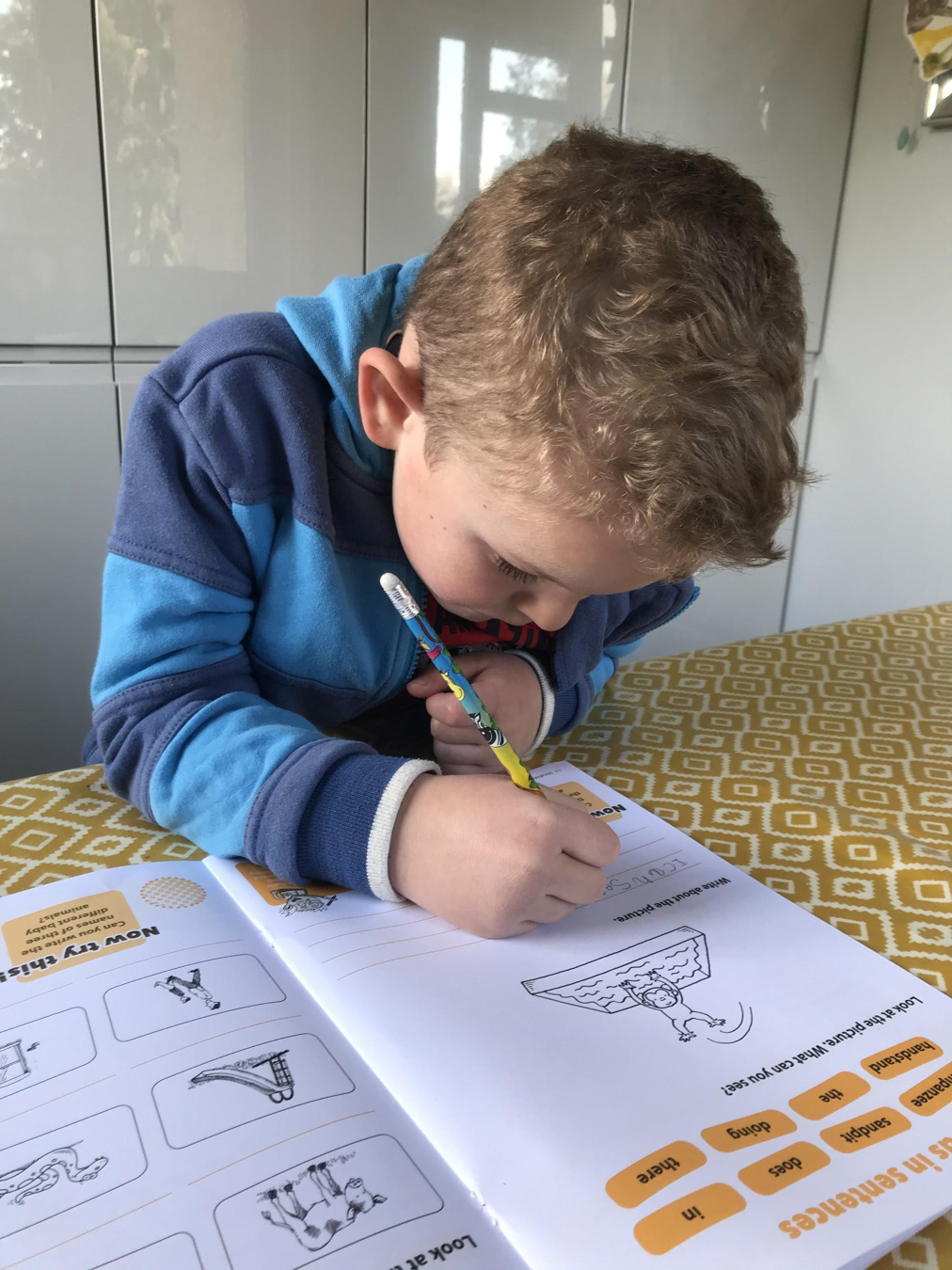
William practising his handwriting
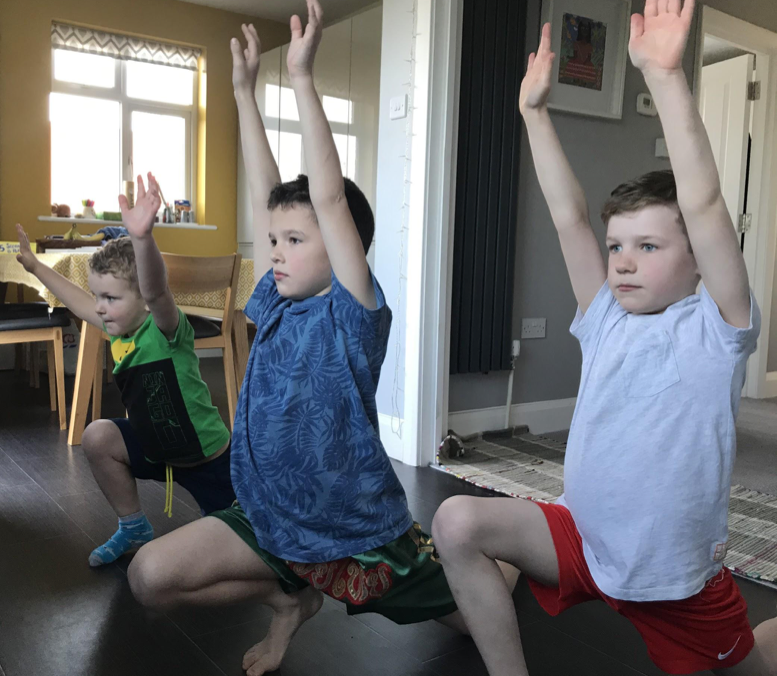
William, Archie and Rory completing the Joe Wicks workout
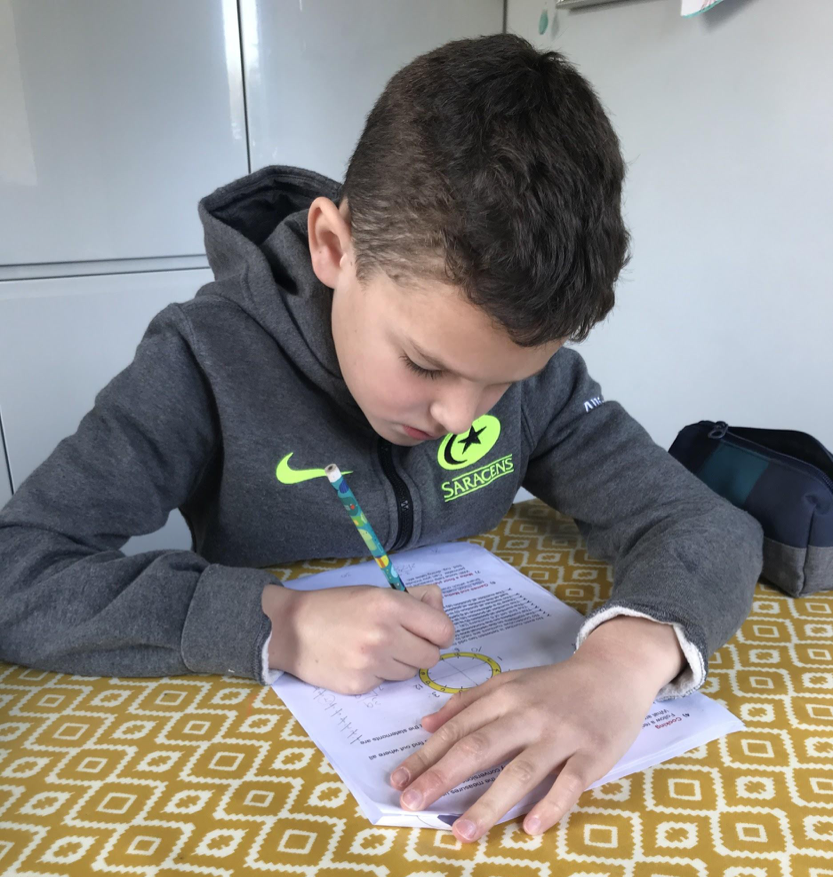
Archie working on a mathematical problem
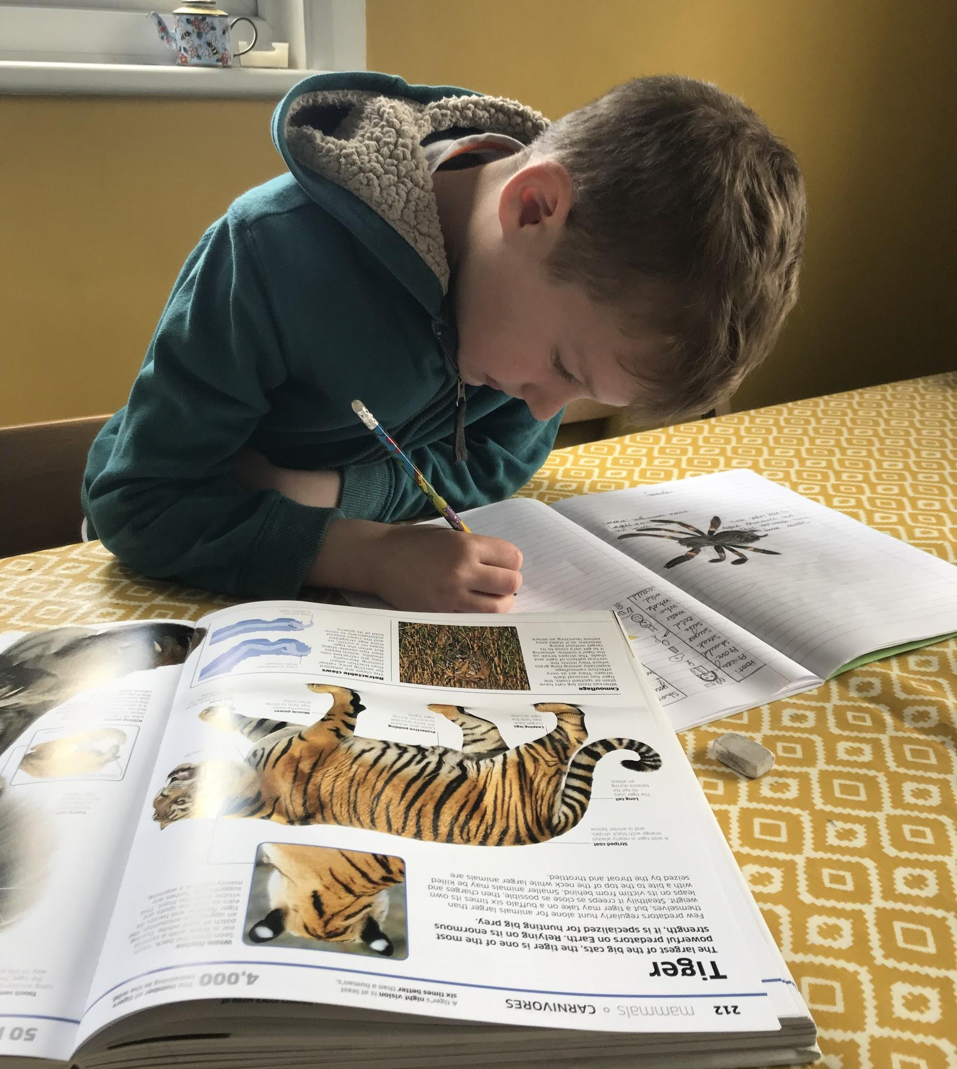
Rory completing a research project on his favourite animals

GCSE and A Level Dance at Bushey Meads allows our students to explore a range of dance styles with a heavy focus on both performance and choreography. In both the A Level and GCSE...

Bushey Meads students have been invited to learn Mandarin in an online live language and culture workshop run by student ambassadors from the University of London. Those who...